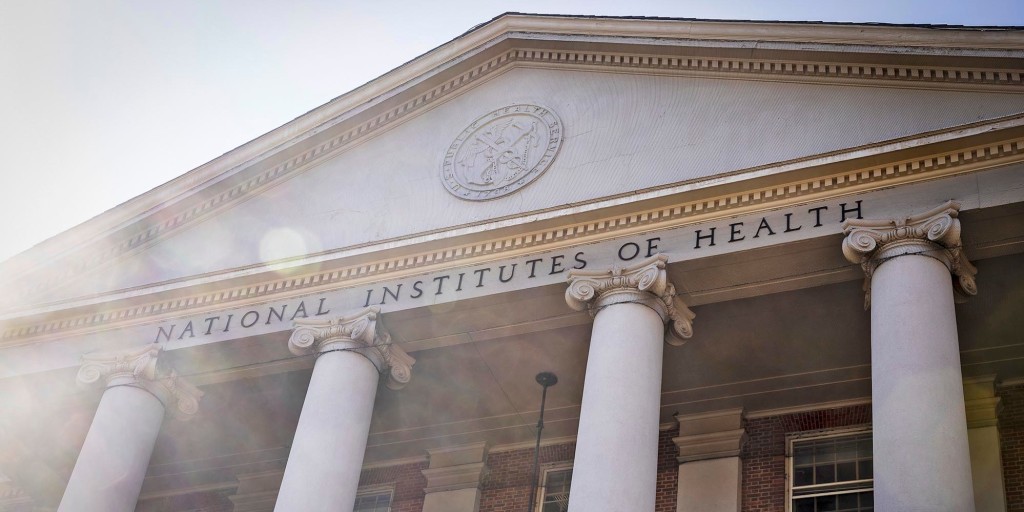Research Under Fire: ACLU Challenges NIH Over Alleged Ideological Censorship

In a dramatic legal challenge, researchers are taking a stand against the National Institutes of Health (NIH) over what they claim is a sweeping cancellation of critical scientific research. The lawsuit alleges that the NIH has abruptly terminated more than 670 research grants, representing a staggering $1.1 billion in potential funding. This unprecedented move has sent shockwaves through the scientific community, raising serious questions about the future of medical and scientific research in the United States.
The sudden grant cancellations threaten to disrupt groundbreaking studies and potentially halt important scientific discoveries that could have far-reaching implications for medical innovation and public health. Researchers argue that these cancellations not only jeopardize ongoing research but also undermine the critical work being done to advance our understanding of complex scientific challenges.
